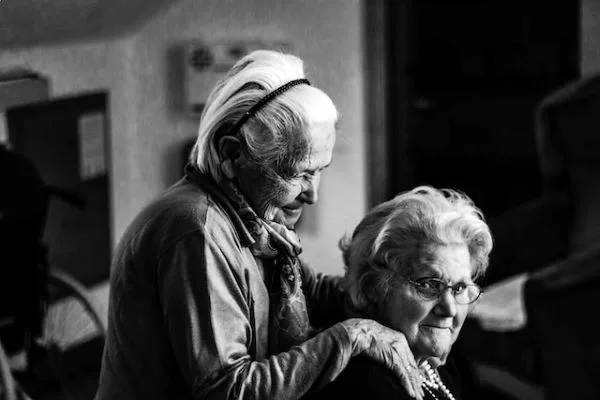Types of Negligence Claims in Nursing Homes

Nursing home negligence is a serious problem in the United States, with many of these facilities often providing inadequate care to their residents. Negligence claims can arise from various types of misconduct on the part of nursing homes and their staff, including physical abuse and neglect, medical malpractice, wrongfully accused of elderly abuse and failure to provide proper nutrition or medication. If you believe that your loved one has been harmed due to the negligence of a nursing home or its employees, it may be possible for you to file a legal claim against them. So here are some common types of negligence claims made against nursing homes, as well as what steps you should take if you think your loved one has been wronged by a negligent facility.
Physical Abuse and Neglect
If you believe your loved one has been the victim of physical abuse or neglect, such as improper restraints, excessive force, failure to provide basic hygiene needs, or other forms of mistreatment, then it’s important to take legal action. You should document any incidents that you observe and make sure to keep a record of any medical bills that may have resulted from the incident. Consulting with a Chicago nursing home lawyer, in this case, can help you to determine if you have enough evidence to pursue a case against the facility. Additionally, filing a complaint with the Illinois Department of Public Health can help to ensure that the facility is held accountable.
Medical Malpractice and Poor Quality Care
Failure on the part of nursing home staff to provide appropriate medical care or follow established protocols, such as failure to monitor vitals or administer medication promptly, may lead to serious medical complications and even death. If you believe your loved one’s condition has worsened due to inadequate care, then it’s important to take legal action as soon as possible.
Consulting with an experienced nursing home lawyer can help you determine if there is enough evidence for nursing home abuse and a case against the facility or its staff. For example, medical records, eyewitness accounts, and interviews with staff members can be used to show that there was a breach of the standard of care.
Failure to Provide Proper Nutrition and Medication
Nursing home residents often require specialized diets and medications to stay healthy. If a facility fails to provide these things promptly or neglects to monitor their effectiveness, then it’s important to take legal action as soon as possible. When it comes to matters of nutrition and medication, the law stipulates that nursing home staff must abide by a patient’s doctor-prescribed nutritional plan, keep track of their medications and make sure they are administered properly, and safely provide food.
Use of Physical Restraints Without Notifying Family Members
Nursing homes are legally required to provide family members with notice if they plan on using physical restraints on their loved ones to keep them safe. If this is not done and the resident then suffers a serious injury due to the use of these restraints, then it may be possible to bring legal action against the facility. For the most part, physical restraints should only be used as a last resort if other less restrictive measures have failed. It is important for families to be involved in the decision-making process and to be aware of any risks or side effects associated with these devices.
The Steps to Filing a Claim
If you believe your loved one has been the victim of nursing home abuse or neglect, it’s important to take action right away. The steps you need to take depend on the type of facility your loved one is in, and whether or not the state has a board that handles nursing home complaints. Here are a few tips for filing a claim:
- Document any signs of neglect or abuse: Make sure you document any signs of neglect or abuse, including photographs and other evidence. If there are witnesses, try to get statements from them as well.
- Contact your state’s long-term care ombudsman: Your state’s long-term care ombudsman can provide advice and contact information for reporting allegations of abuse and neglect.
- File an official complaint with the appropriate state agency: Depending on the type of facility, you can file a complaint with the appropriate state agency. For instance, if your loved one is in a nursing home, you might need to file a complaint with the Department of Health and Human Services or another relevant licensing board.
- Contact an attorney: A good lawyer will be able to help evaluate your situation and decide whether it’s worth pursuing legal action or filing a lawsuit against the facility that mistreated your family member.
If you believe that your loved one has been the victim of nursing home abuse or neglect, it’s important to take action right away and consult with an experienced nursing home lawyer. Filing an official complaint and documenting any signs of neglect or abuse can help you determine whether there is a case against the facility or its staff. With the right legal advice, you may be able to recover damages for yourself and your family.




